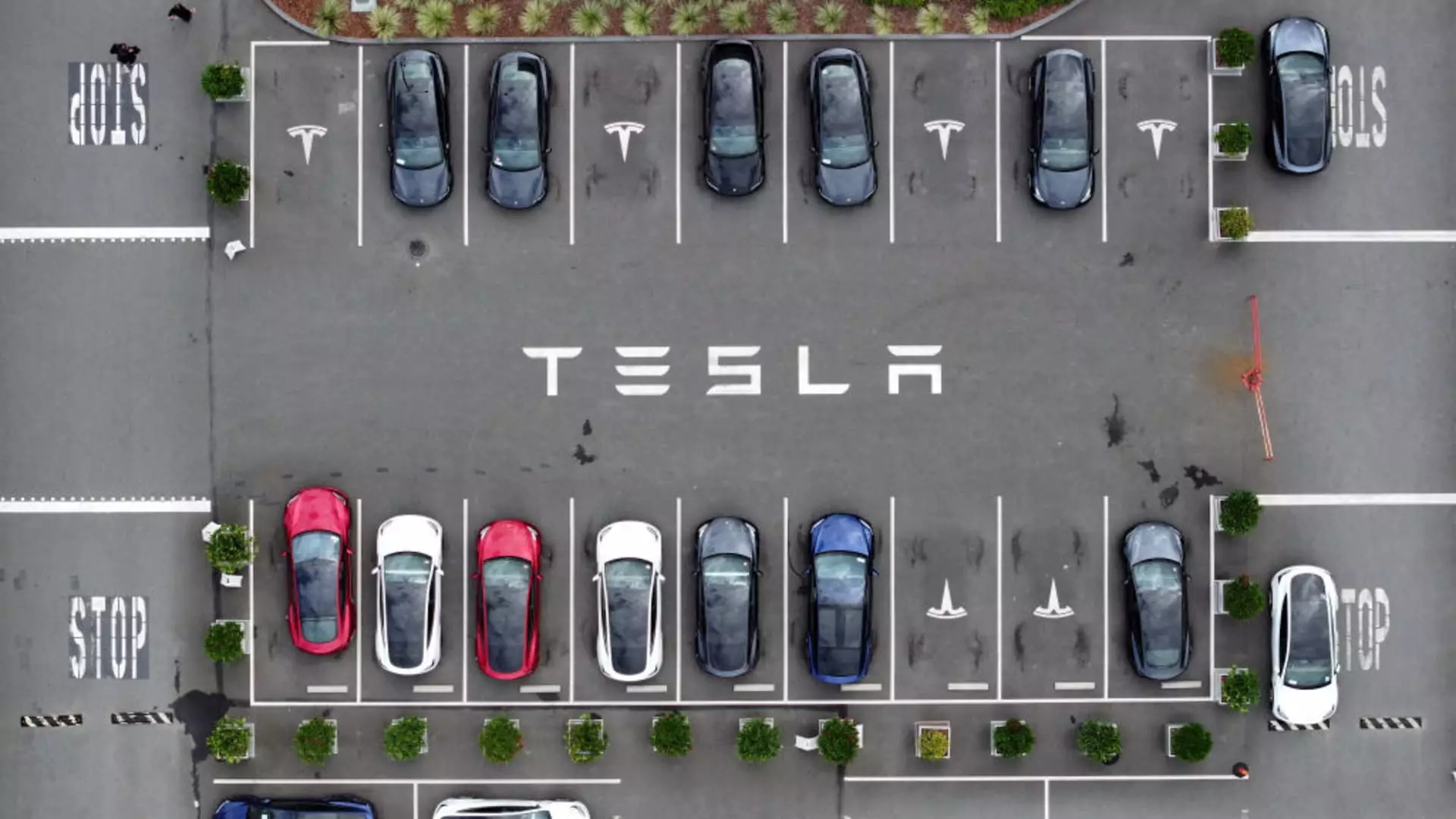Former Tesla executive Drew Baglino recently announced his resignation from the electric vehicle company, after being with the company for 18 years. This decision came shortly after Tesla announced a 10% workforce layoff following a decline in first-quarter deliveries and a decrease in stock prices. Baglino, who started as an engineer and climbed the ranks to become a senior vice president of powertrain and energy engineering, decided to sell approximately $181.5 million worth of Tesla shares, signaling a major transition for both him and the company.
According to a filing with the SEC, Baglino is selling about 1.14 million of his shares, with an “approximate date of sale” listed as April 25. This move comes after he had previously unloaded shares worth $4 million in two previous transactions earlier this year. Baglino had been a familiar presence during earnings calls and other important events, discussing topics such as mining, battery manufacturing, and performance. His departure and stock sales raised questions about the company’s future direction, especially as Tesla embarks on a major strategic shift towards autonomy.
Tesla’s Strategic Shift
CEO Elon Musk recently emphasized Tesla’s focus on its “autonomy roadmap” and plans to introduce a robotaxi, or CyberCab, design in August. Musk highlighted the company’s investments in AI infrastructure and its potential to deliver self-driving vehicle technology, robotaxis, a driverless ride-hailing service, and even a “sentient” humanoid robot. He warned doubters to stay away from Tesla’s stock if they don’t believe in the company’s ability to solve autonomy. This shift in focus and direction led to an 18% increase in Tesla’s share price in the days following Musk’s comments.
Despite the positive response from investors, some analysts remain skeptical about Tesla’s future prospects. Analyst Toni Sacconaghi raised concerns about whether Tesla’s promised affordable EVs in 2025 will truly be new models or just tweaks on existing ones. He also pointed out that competitors like Waymo already have robotaxi services on the road while Tesla is still working on its autonomous vehicle technology. Tesla reported a 9% drop in first-quarter revenue and a 55% decrease in net income, reflecting challenges in the face of declining demand and increased global competition.
The departure of Drew Baglino and Tesla’s strategic shift towards autonomy raise questions about the company’s future direction and ability to deliver on its promises. While Elon Musk’s vision for self-driving technology and robotaxis has excited investors, there are concerns about Tesla’s competition, financial performance, and overall strategy. As Tesla navigates these challenges, the departure of key executives like Baglino and Martin Viecha, the VP of investor relations, adds to the uncertainty surrounding the company’s future. Time will tell whether Tesla can overcome these obstacles and maintain its position as a leader in the electric vehicle industry.


Leave a Reply